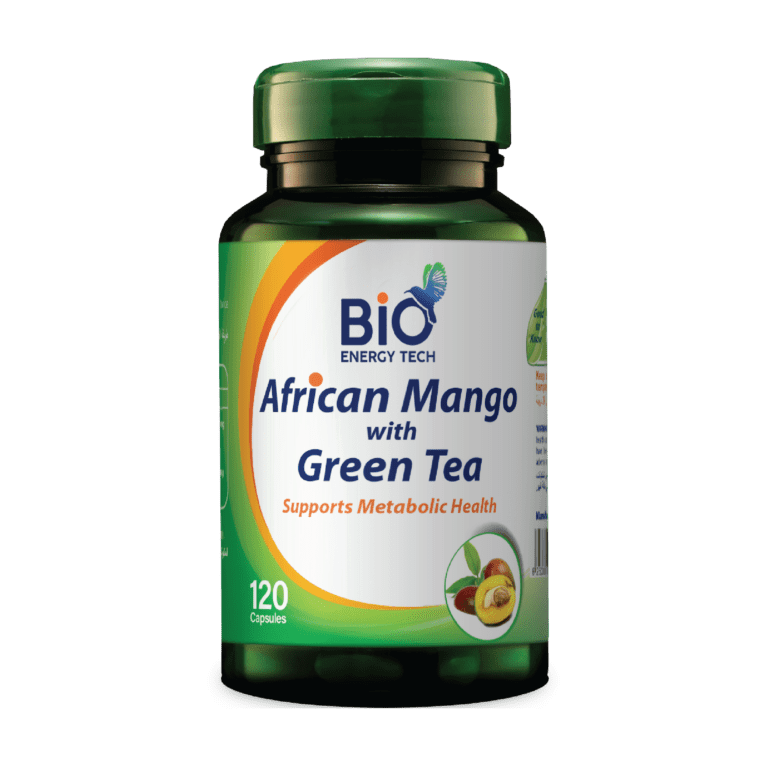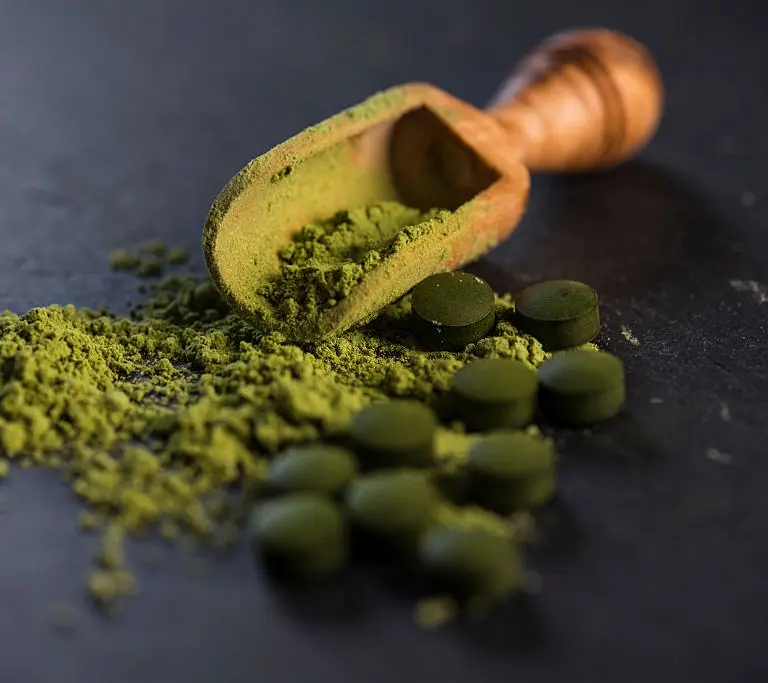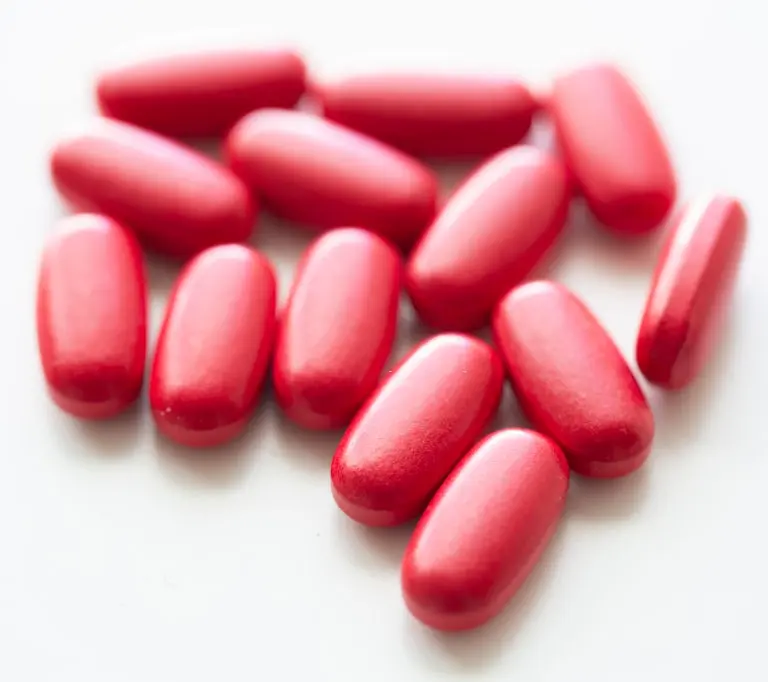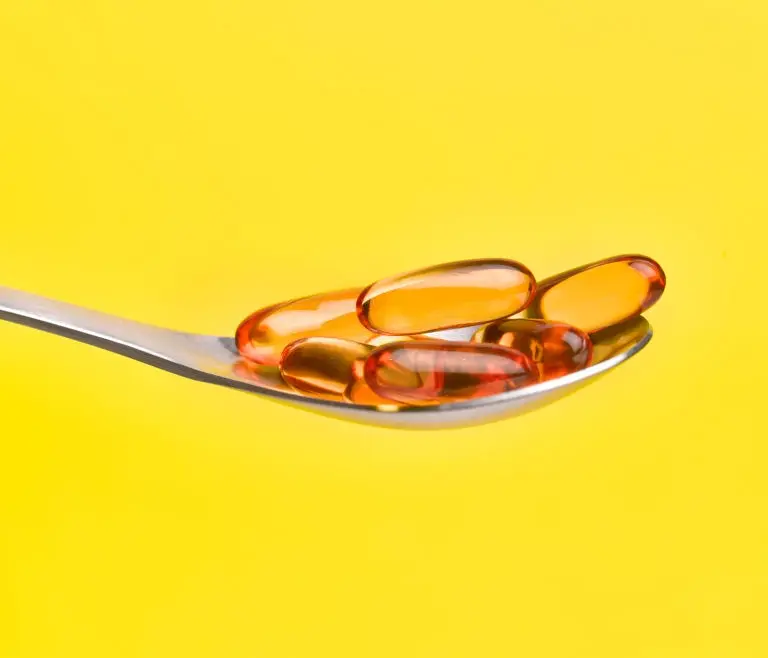The African mango is the fruit of the tree Irvingia gabonensis that grows in central and western Africa. African mango contains several amino acids, vitamins and minerals such calcium, magnesium, potassium and phosphorus. It also contains a high percentage of fiber that helps in weight loss and ridding the body of toxins and waste byproducts.
Studies have shown that it can have natural healing properties in its leaves, fruits, tree bark, seeds and roots. Recently, African mango-based nutritional supplements have been making a comeback in the United States, most of them based on the seed extract as the main and effective ingredient.
African Mango Uses
Studies and research conducted on African mango revealed beneficial effects for diabetic and obese patients. In addition to its analgesic, antimicrobial, antioxidant and digestive stimulant properties. Several studies have also been conducted on the possibility of industrial applications of African mango in food, pharmaceutical and cosmetic products.
- Pain Relief
In a study on mice, an aqueous bark extract from the African mango stem was used and its analgesic effect was similar to that of morphine, while an ethanol extract had similar analgesic and non-narcotic effects to methimazole sodium.
- Antimicrobial Properties
African mango root and leaf extracts have an inhibitory effect on many types of bacteria and fungi, the mechanism of which is the presence of terpenoids that rupture cell membranes, and the presence of ellagic acid-like compounds that disrupt microbial adhesion, enzymes, and cellular transport proteins.
- Diabetes Mellitus
Studies are still limited, but the use of nutritional supplements containing African mango in diabetic patients over a period of four weeks led to a decrease in the level of blood glucose readings.
In a similar study, a decrease in the level of plasma lipids was observed in diabetic patients due to decreased levels of low-density lipoprotein (LDL), very low-density lipoprotein (VLDL), cholesterol and triglyceride levels. An increase in high-density lipoprotein (HDL) was also noted.
- Effect on the Digestive System
Animal studies have shown that methanol extract from African mango has a dose-dependent effect of inhibiting indomethacin-induced gastric ulcers in rats. The anti-ulcer effect of several doses of the extract was similar to that of a 50 mg/kg dose of cimetidine. The extract also reduced gastric acid secretion and increased gastric mucosal secretion.
In another study on mice, the aqueous extract of African mango leaves led to a decrease in the motility of the digestive system and a decrease in the resistance to diarrhea caused by castor oil.
- Obesity
African mango food supplements work by several mechanisms to reduce excess weight, which are described as follows:
- Inhibition of the enzyme glycerol-3-phosphate dehydrogenase, which plays a key role in converting glucose into stored fat.
- It has a beneficial effect on peroxisome proliferator-activated receptors type-gamma involved in lipogenesis and insulin sensitivity.
- Upregulation of the protein hormone adiponectin, which increases insulin sensitivity.
- Reducing leptin levels, which leads to an increase in leptin sensitivity and thus loss of appetite for food and the induction of thermogenesis.
- Containing large amounts of fiber, which gives a sense of satiety when eaten and thus helps to reduce appetite and lose weight.
- Heart Health
African mango extract can help support heart health, due to the extract containing beta-carotene, which contributes in lowering blood pressure. In addition to containing healthy fats such as myristic acid, lauric acid and stearic acid, which have an important role in maintaining heart health in general.
Dosages
Pharmaceutical companies manufacture African mango supplements in the form of powders, capsules or syrups. The most common regimen used is a dose of 150 mg of African mango twice a day and is recommended to be taken with food.
Side Effects
Studies have shown that side effects of taking African Mango are rare, such as headache, dry mouth, flatulence, flu-like symptoms and sleep disturbances.
Drug Interactions
To this date, there is insufficient information about possible interactions.
However, African mango may increase the side effects of medicines used to treat diabetes and high cholesterol.
Side effects may also appear in patients treated with weight loss drugs, because African mango delays gastric emptying, so prescribed drugs must be treated with caution to prevent any alteration in their absorption.
Pregnancy & Lactation
There is insufficient information regarding the safety of using African mango during pregnancy or breastfeeding, so it is best to avoid it completely.
Toxicity
Toxicological experiments conducted on mice indicated that no death occurred within 24 hours to 7 days after administration of 1600 mg/kg methanol extract of African mango.
Adverse Effects
If you experience any of the following adverse effects, your physician should be notified immediately.
Adverse reactions include:
- Tightness in the chest.
- Severe cough.
- Blue discoloration of the skin (Cyanosis)
- Swelling of the face, tongue or lips.
- Signs of low blood sugar, including:
- Feeling hungry
- Dizziness
- Tremors
- Rapid heartbeat and profuse sweating.
- Hard stools.
- Severe headache.
- Abdominal pain or severe vomiting.
Before using any nutritional supplements, you must consult a physician to ensure the suitability and dosage of the supplement.
As of now, there has been no medical evidence that African mango can be used in the treatment of any disease or health condition. However, research is still ongoing and suggests it may have a medical benefit.






